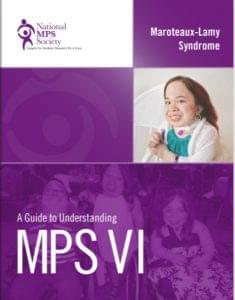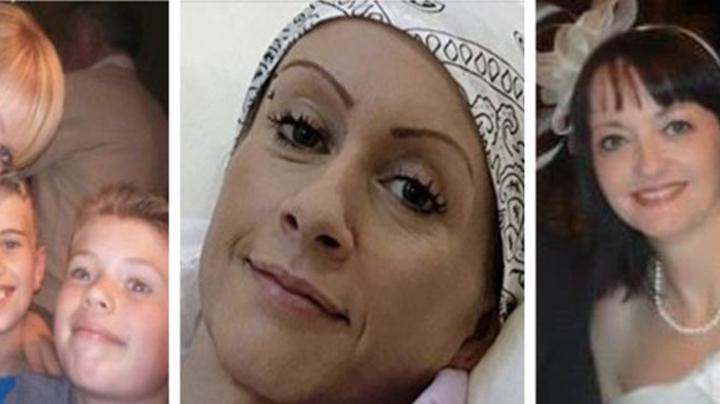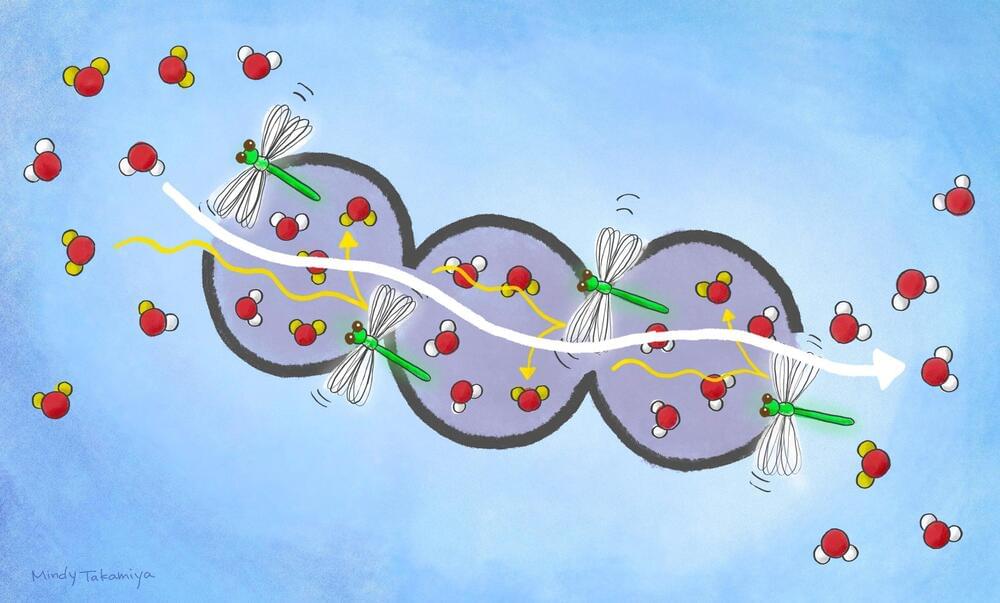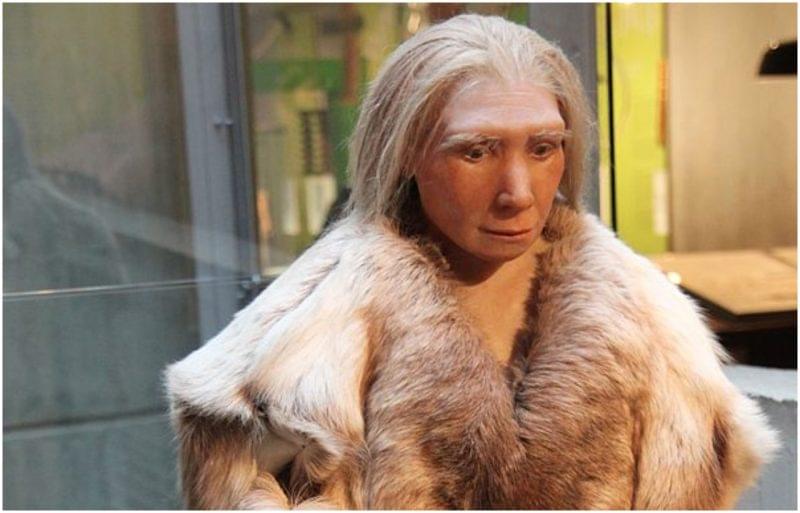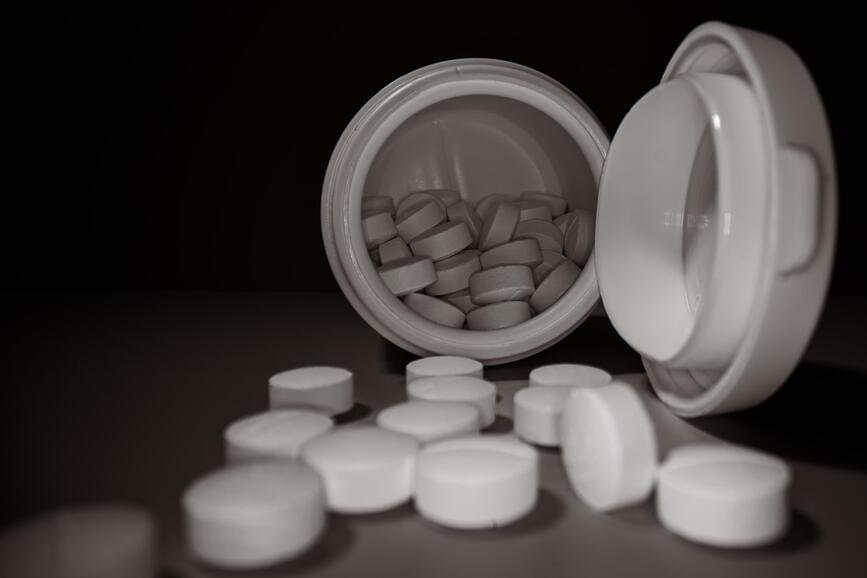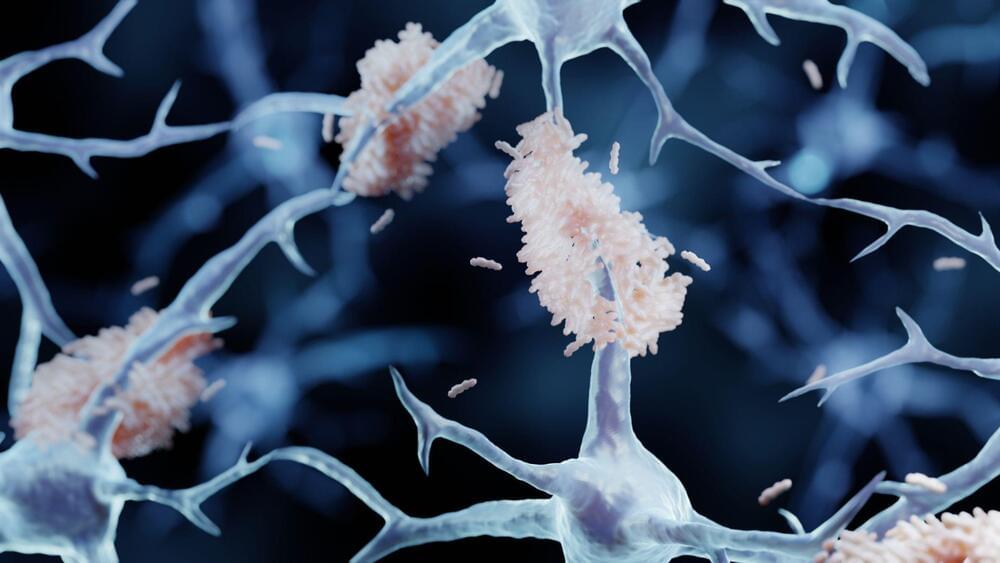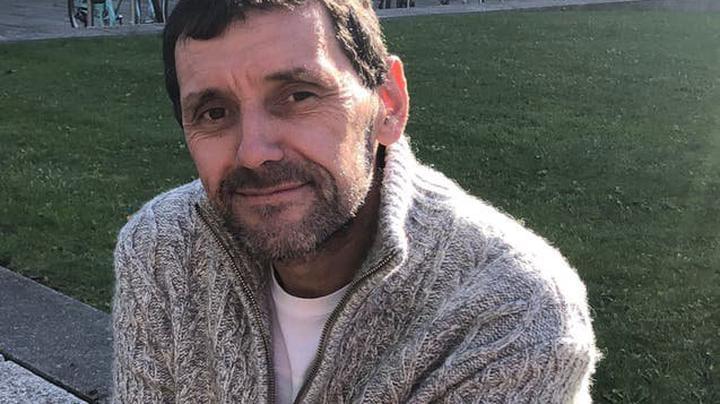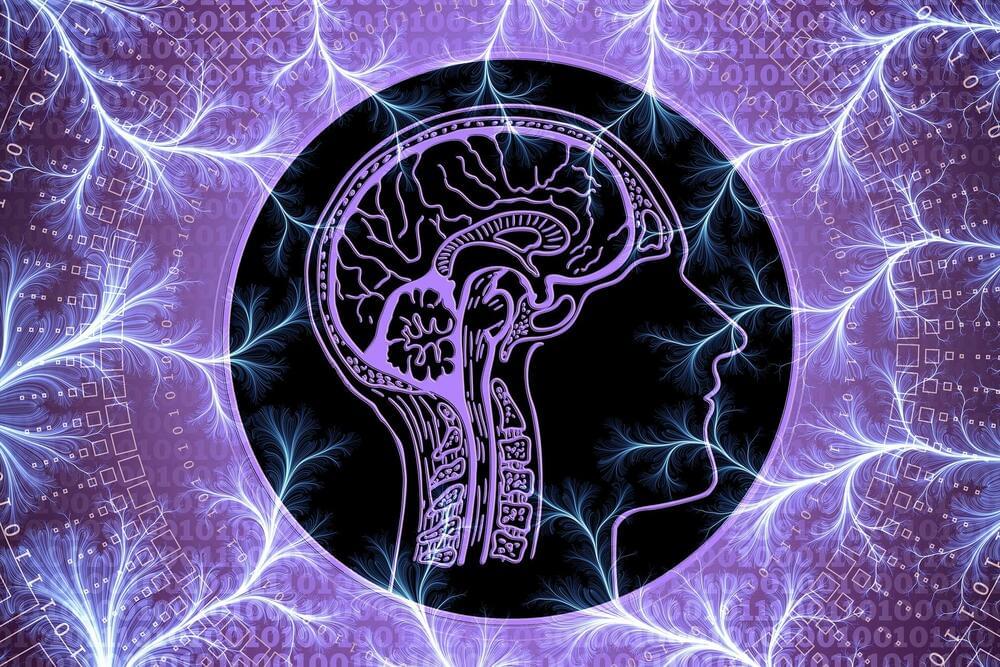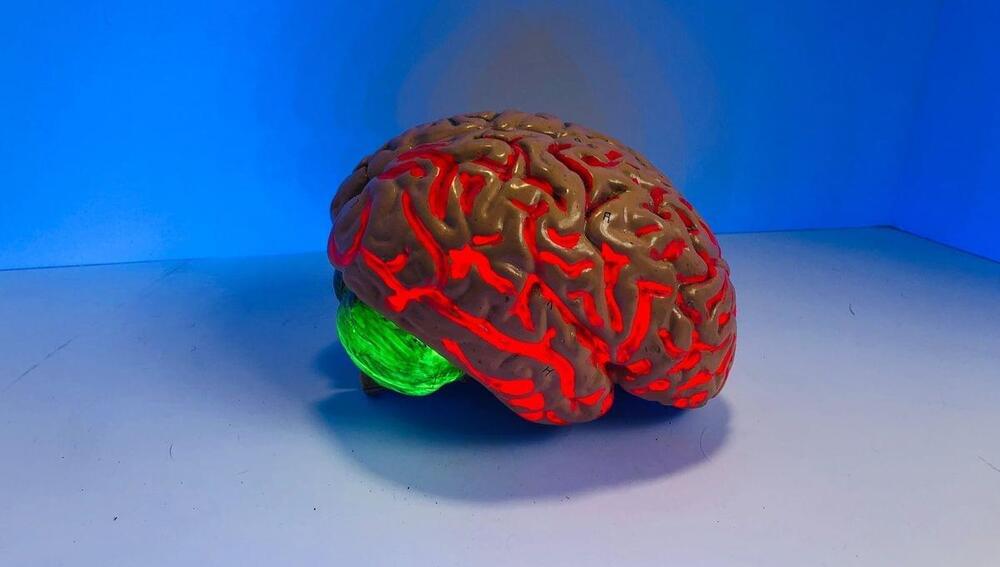The body constantly replaces used materials and breaks them down for disposal. MPS VI patients are missing an enzyme essential to breaking down the mucopolysaccharide dermatan sulfate. These materials remain stored in the body’s cells, causing progressive damage. Babies may show little sign of the disease (so better testing is needed), but as cells sustain damage, symptoms start to appear.
Its sad when people have disorders that have a low life expectancy in their 20’s and 30’s EnzymeMaroteaux-Lamy syndrome Is one such affliction, however their is enzyme replacement treatment, but more needs to be done.
Enzyme Replacement Treatment.
